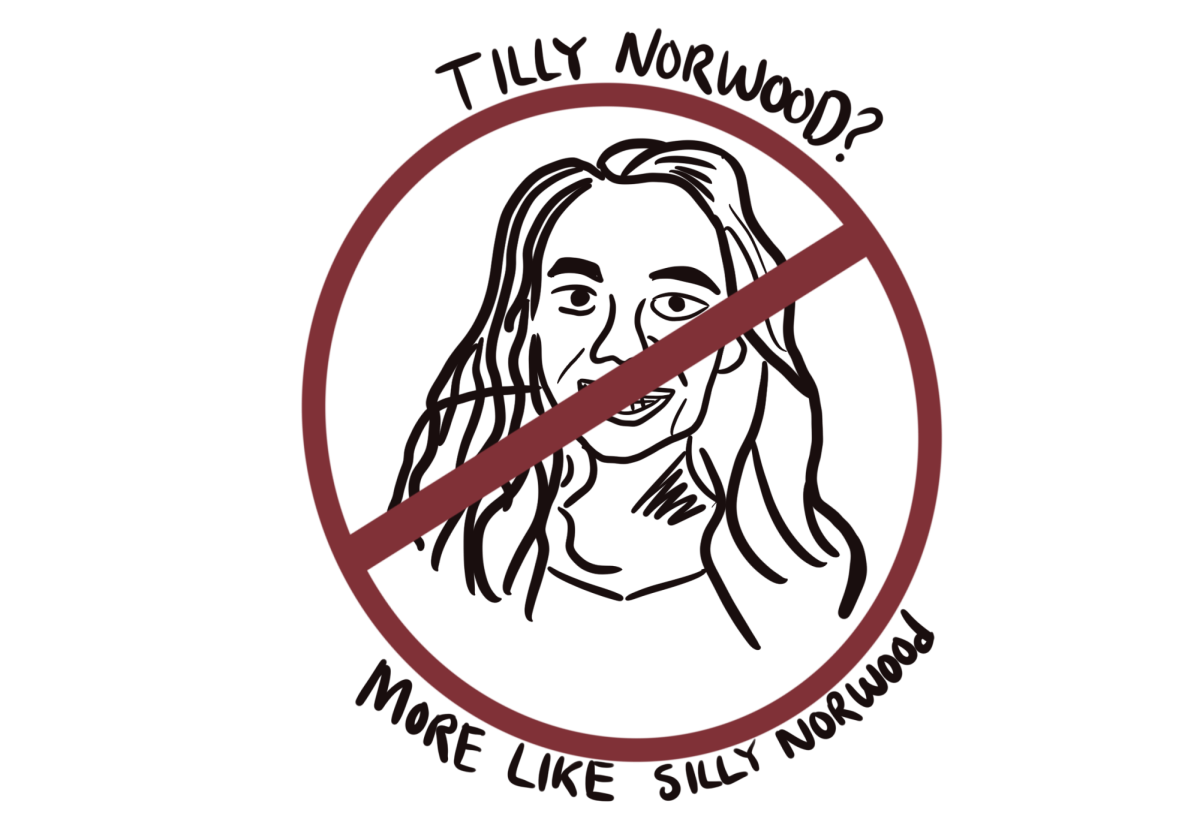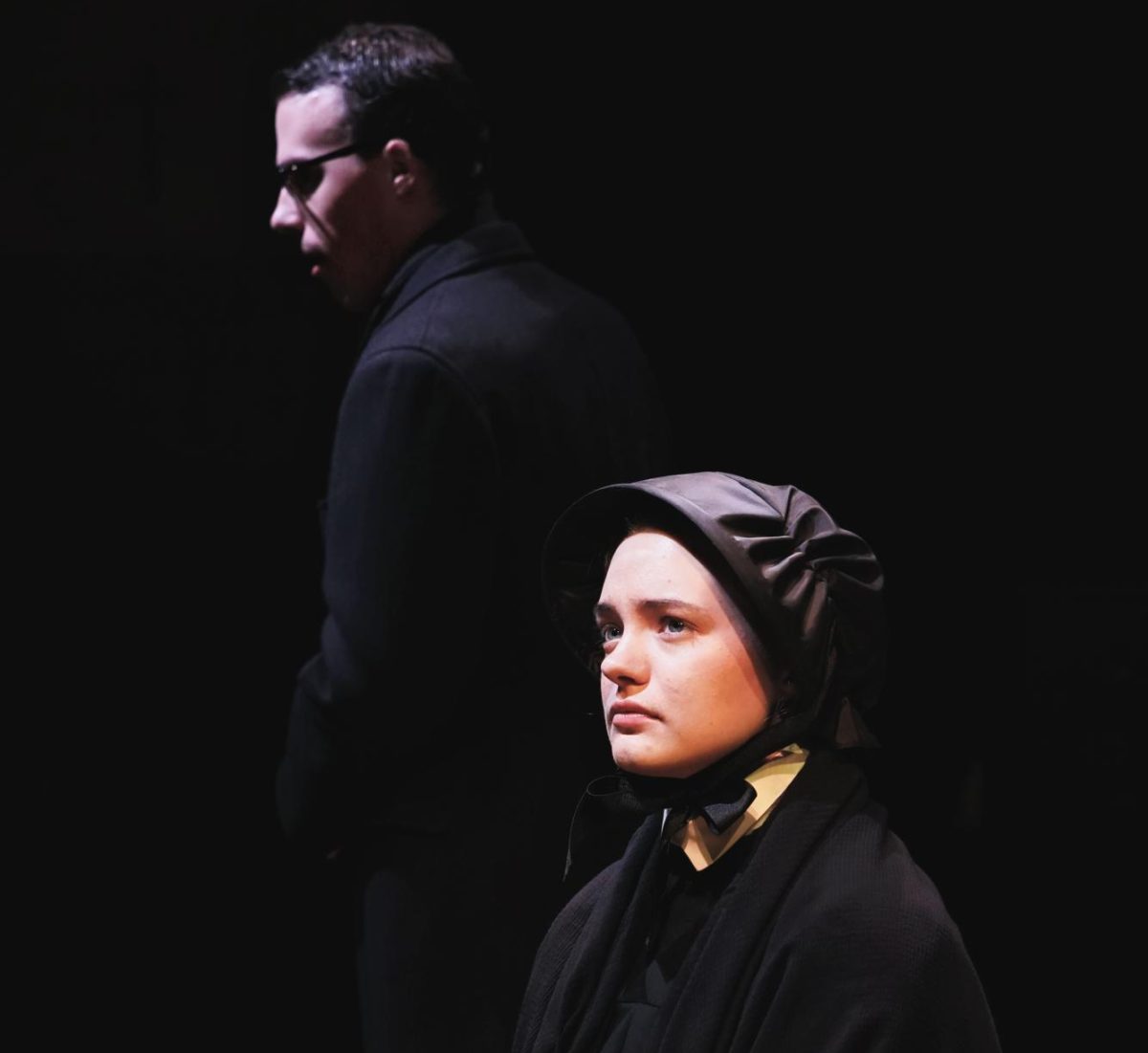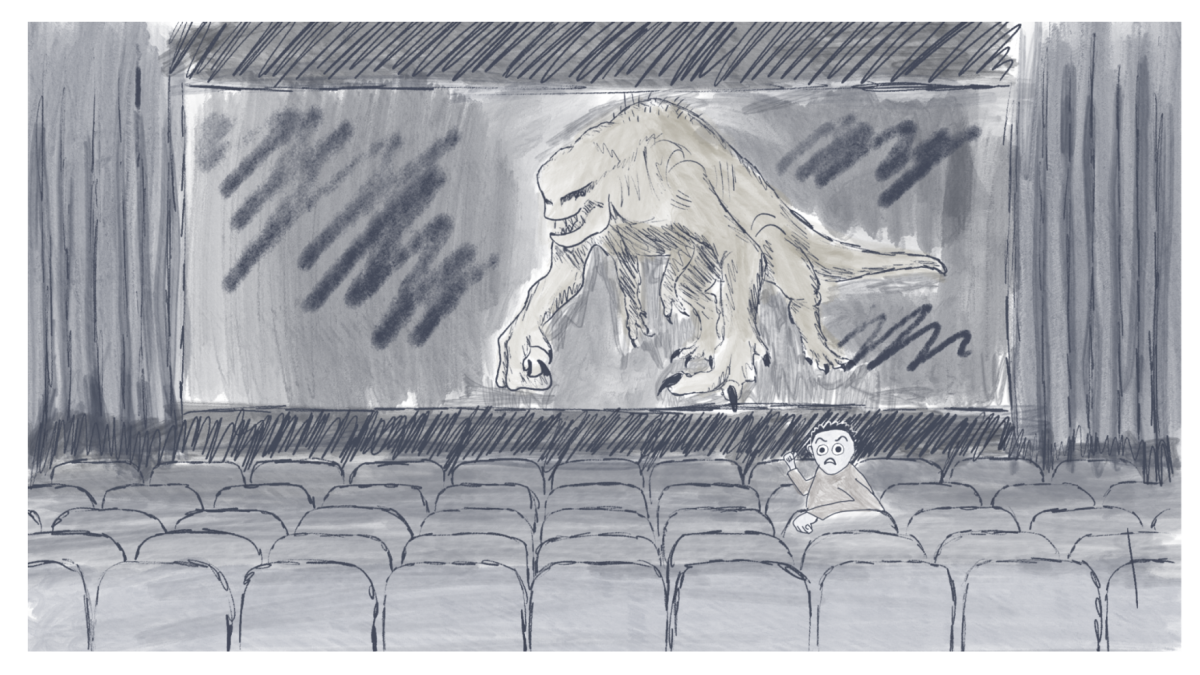Rehearsing a play is a serious business filled with moments of extreme flippancy. I have been privy to innumerable pranks and all sorts of wild hijinks in rehearsal rooms, from mercilessly mocking my own character portrayal to rolling fellow cast members about on office chairs (or anything with wheels). The buffoonery that some casts accomplish is astounding and ceaselessly creative.
Almost every show I’ve worked on has tended towards shenanigans, and though I cannot offer anything conclusive, I can give a probable explanation. Assemble a group of people, give them alternate identities and put them into a different world spatially and mentally, and the result sounds quite similar to the games of imagination and role-playing that many of us played when we were younger. Additionally, many of the warm-up games that actors use are meant to break down social inhibitions and promote creativity, and they do so by mimicking games like tag, telephone, etc. The shenanigans of the rehearsal room, then, are simply an extension of the playfulness encouraged in the process of creating a show.
Though sometimes frustrating, the craziness of a rehearsal room is a wonderful sign that the cast of a show feels comfortable to express the playful part of themselves. This is so significant because most people have learned to hide their desire for play and creativity in favor for the more “mature” traits of adulthood like realism and productivity. This kind of thinking falsely links playfulness with laziness and immaturity. If just considering the situation from a purely efficiency-based standpoint, play is productive in a rehearsal room since it constantly generates new ideas for a piece. Sometimes the best moments in a play arise from an actor goofing off and discovering some moment or movement that lends surprisingly effective insight into the play.
But even considered more broadly, play is extraordinarily cathartic and healthy. Though a rowdy rehearsal room might cause a production to lose a few minutes every rehearsal that could be spent running the show or tightening up scenes, the company benefits from laughing and having fun. Participants in the shenanigans become more physically and mentally alert, spark laughter in the room and make good connections with each other.
This is one of the healing powers of the theater. Not only can live performance foster empathy and understanding in a community, the process of rehearsing a play can itself be an incredible time of self-expression and enfranchisement into a caring group.





